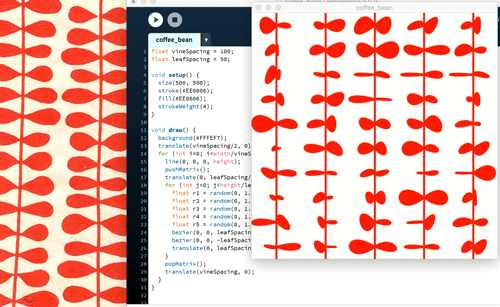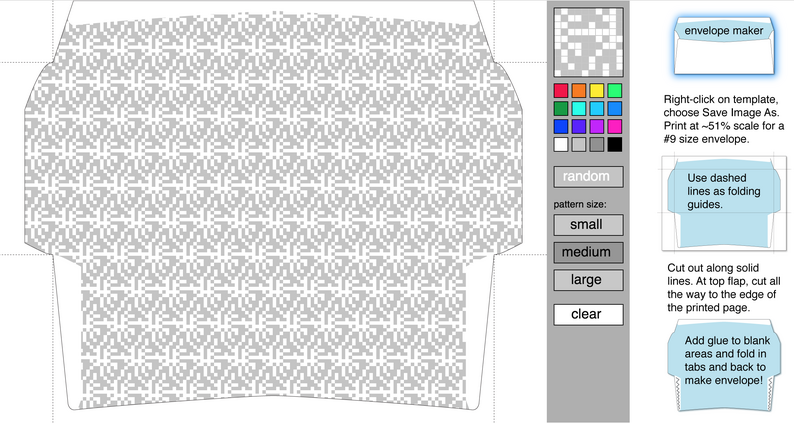Creative Coding Conversations | Natalie Freed
This summer, we’re interested in diving into creative coding — a playful, collaborative, and open-ended approach to exploring and creating with digital tools.
With so much emphasis on coding and computer science, we wanted to explore what these ideas look like an a creative context. What does it mean to play, experiment, and create with code? How might educators, facilitators, and artists bring these ideas into their practice? We’ll be hosting a professional development workshop at the Brightworks Annex in San Francisco in August to figure out these ideas together.
In anticipation of the workshop, we’ve been asking friends, mentors, and inspirational thinkers who work with creative coding to share their thoughts, as well as an image of what creative coding means to them. We’re excited to share their reflections and learn more with our Creative Coding PD participants, and to continue the conversation beyond August!
Meet Natalie Freed
Tell us about yourself and your work.
NF: I'm a freelance maker and educator. I studied computer science in school, but I quickly realized I wasn't going to enjoy a programming career if I couldn't combine it with my other interests in crafts, design, and education. So I've been tinkering and teaching ever since. I am particularly excited about computational design, which I think of as using code to design things, especially physical things. I think it's magical to be able to play with language and turn it into a real object you can hold in your hands.
What does creative coding mean to you?
NF: Using programming for creative expression and play, rather than strictly for a practical purpose. Sometimes that means making physical or digital art with code, and sometimes the code itself might be the art. Overall, I see it as reclaiming code as a creative tool that can be used for much, much more than commercial apps.
What does creative coding look like in practice?
NF: For me it looks like:
- A desk absolutely covered in materials you wouldn't necessarily associate with computing (from watercolor paints to fabric).
- A notebook covered in formulas, sketches of coordinate grids, and unit circles.
- The joy of using a written language to create concrete things, because you can play with the language itself at the same time as you experiment with the end result. To me it's like being an artist who also makes their own tools.
- A way to be my whole self while working with technical things.
What would you tell someone who is just starting with creative coding?
NF: The programming world has a lot of rules about how to write code and how not to write code, and you'll probably run into them as you learn to program. Some of these messages have leaked out of software engineering, which has developed guidelines about how to write code that doesn't break under certain conditions. But to me this is like saying that you're not using writing correctly if your words don't happen to be in the shape of a newspaper article. That is one thing you can do with words, and there are tips and tricks that can help if you want to do that. But there are millions of other things you can do with words: like write a poem, or a love letter, or a DIY tutorial.... Basically I'm saying that for creative coding, both your process and your end result might look completely different from someone else's. My advice is keep making it your own! And break some rules along the way. :)
Post by Saskia Leggett



